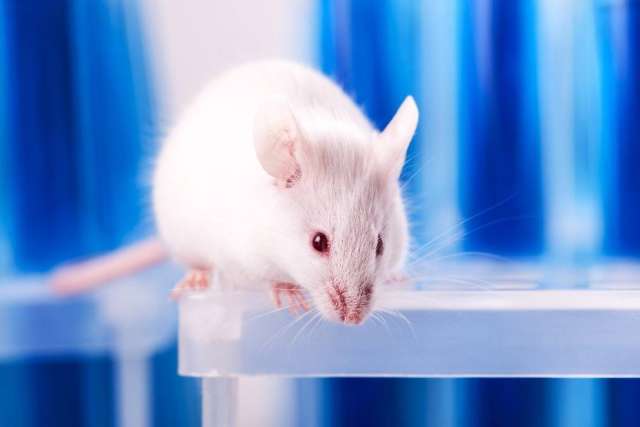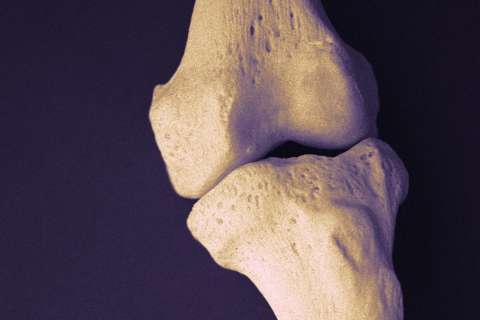Dear Doctor: I work at a restaurant, and when I got sick and short of breath, I was afraid it was COVID-19. It turned out to be hantavirus. My doctor thinks I got it from sweeping out an old storeroom. I’d like to know more about it. Also, how come it took over a week to diagnose?
Dear Reader: Hantaviruses are a group of viruses carried by rodents. In North America, hantavirus can cause a rare disease known as hantavirus pulmonary syndrome, or HPS. It’s a severe, potentially fatal respiratory illness that can also involve the heart and other organs. Fewer than 1,000 cases have been reported since surveillance began in 1993, most of them in rural areas of Western states.
Infection occurs through contact with rodent excrement or secretions. This happens most often while cleaning an area regularly used by rodents. Movement causes freshly dried fecal particles to become airborne, where they can easily be inhaled. Transmission can also occur through skin contact with an infected animal’s feces, saliva or urine, or via a rodent bite.
It’s not surprising that, after a pandemic year in which every cough, sneeze or fever had people worrying about COVID-19, your thoughts went in that direction. Many of the symptoms of COVID-19 and hantavirus pulmonary syndrome do overlap. HPS begins with muscle aches, fever, headache and fatigue. Over the course of several days, it progresses to chills, a dry hacking cough, rapid heartbeat and severe shortness of breath. Some people also experience nausea, diarrhea and abdominal pain.
Unlike COVID-19, though, there is no single diagnostic test for HPS. Instead, several blood tests are used to identify certain proteins that the body produces as it works to fight off the infection. It’s also vital for doctors to know about any potential contact a patient had with rodent excrement. The information you shared about sweeping out the storeroom revealed that you might have been thus exposed. It gave your doctors an important clue as to what they were dealing with, and also helped to corroborate the HPS diagnosis.

HPS is a medical emergency. It has proven fatal in almost 40% of cases. Treatment focuses on managing individual symptoms and must begin as soon as possible. The infection causes the lungs to fill with fluid, so oxygen therapy is needed. In severe cases, patients are put on a ventilator. Intravenous fluid replacement, medications to raise blood pressure and dialysis to help the kidneys clear waste products from the blood are typically part of the treatment.
There is no vaccine against hantaviruses. However, taking precautions in rodent-infested areas can protect you. These viruses, which only live for about a week outside of the animal, are killed by most types of disinfectants, including detergents and bleach. When cleaning an area where rodents are known to live, wear a well-fitted N95 mask and gloves, and keep your body covered. In heavy infestations, it’s best to call in pest control professionals. And if anyone ever develops flulike symptoms after being in a rodent-heavy environment, seek help immediately and let your doctor know of this exposure.
(Send your questions to [email protected], or write: Ask the Doctors, c/o UCLA Health Sciences Media Relations, 10960 Wilshire Blvd., Suite 1955, Los Angeles, CA 90025. Owing to the volume of mail, personal replies cannot be provided.)





